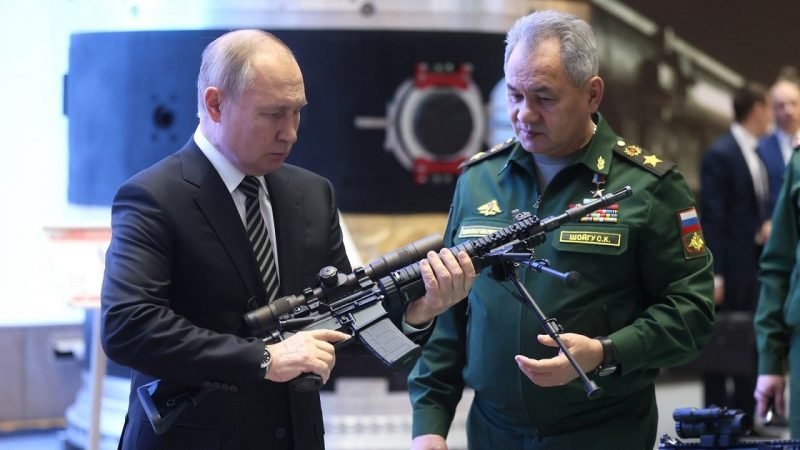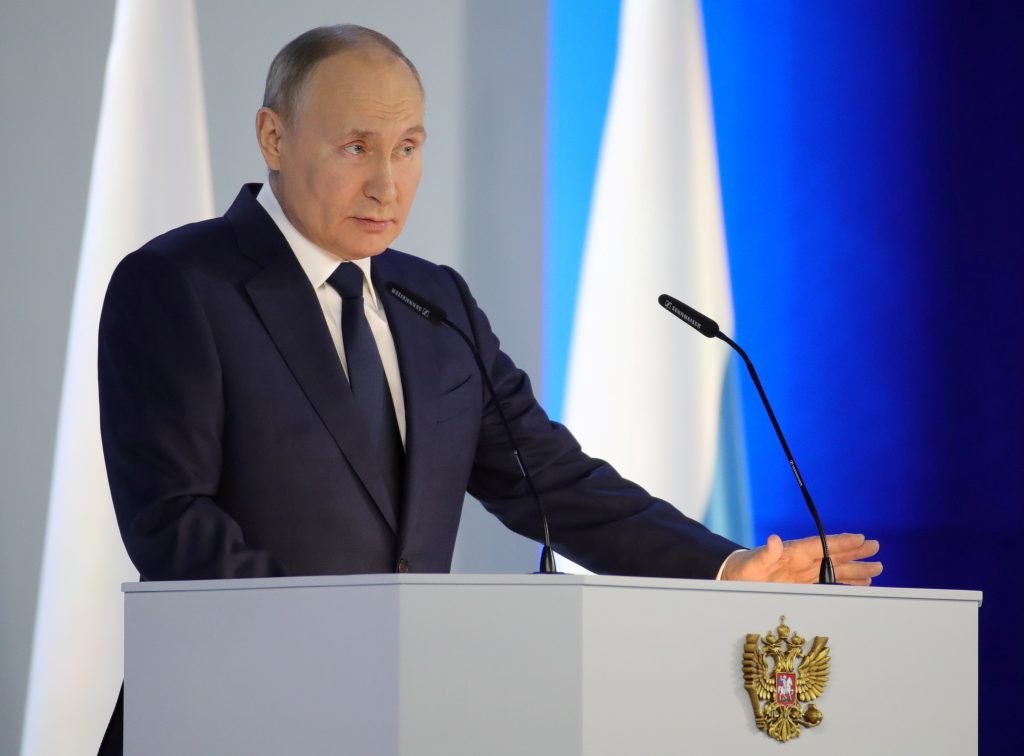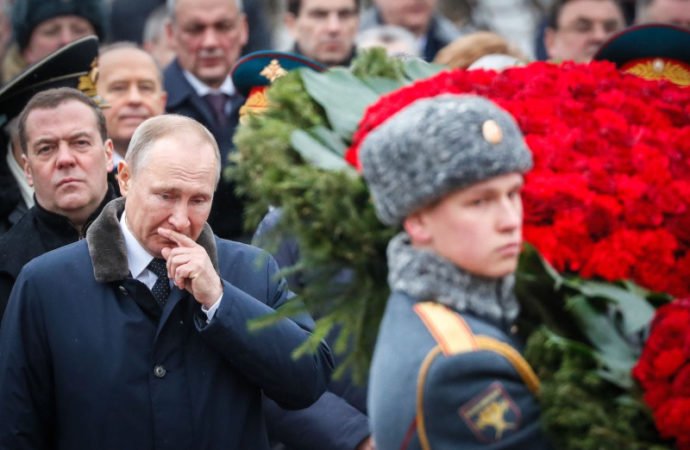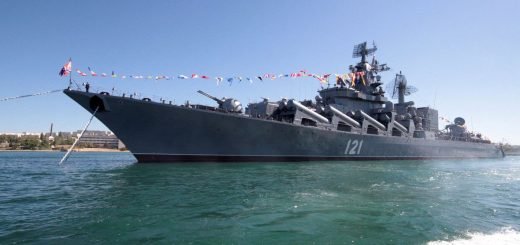Putin’s tryst with destiny to regain lost Russian glory

“Long years ago we made a tryst with destiny, and now the time comes when we shall redeem our pledge, not wholly or in full measure, but very substantially. At the stroke of the midnight hour, when the world sleeps, India will awake to life and freedom. A moment comes, which comes but rarely in history when we step out from the old to new when an age ends, and when the soul of a nation, long suppressed, finds utterance. “ These words by Jawaharlal Nehru resonated with the feeling of transgression that took over every Indian on the midnight of August 15, 1947, when India gained its independence from almost 200 years of colonial rule. As China rose, as America fought and lost its forever wars in Iraq and Afghanistan, as technology networked the world, a Russian enigma took form in the Kremlin in the new Millenium. Mr Putin is an enigma, but he is also the most public of figures. Seen from the perspective of his reckless gamble in Ukraine, a picture emerges of a man who seized on almost every move by the West as a slight against Russia — and perhaps also himself. As the grievances mounted, piece by piece, year by year, the distinction blurred. In effect, he became the state, he merged with Russia, and their fates fused in an increasingly Messianic vision of restored imperial glory. Mr Putin was always obsessed with the 25 million Russians trapped outside Mother Russia by the breakup of the Soviet Union. Again and again, he raised this. That is why, for him, the end of the Soviet empire was the greatest catastrophe of the 20th century.”
Vladimir Putin was sworn into office as president of Russia on 31 December 1999. But at first, it was not obvious that he would last very long in the job, let alone that he would emerge as the most aggressive challenger to the western liberal order and the pioneer of a new model of authoritarian leadership. As the chaotic Yeltsin era of the 1990s drew to a close, Putin’s ascent to the top job was eased by his former colleagues in the KGB. But he also had the approval of Russia’s richest and most powerful people, the oligarchs, who saw him as a capable administrator and “safe pair of hands” who would not threaten established interests. Viewed from the west, Putin looked relatively reassuring. In his first televised speech from the Kremlin, given on New Year’s Eve 1999, just a few hours after taking over from Yeltsin, Putin promised to “protect freedom of speech, freedom of conscience, freedom of the mass media, ownership rights, these fundamental elements of a civilised society”.

In his first year in office, he moved to assert the authority of the state and to use warfare to bolster his personal position Yet while Putin may initially have found it convenient to use the rhetoric of liberal democracy, his early actions as the president told a different story. In his first year in office, he moved immediately to rein in independent sources of power, to assert the central authority of the state and to use warfare to bolster his own personal position – all actions that were to become hallmarks of Putinism. The escalation of the war in Chechnya made Putin seem like a nationalist hero, standing up for Russian interests and protecting ordinary citizens from terrorism. In an early move that alarmed liberals, the new president reinstated the old Soviet national anthem. His promises to protect media freedom turned out to be empty: Russia’s few independent television networks were brought under government control.
In any case, Russians were more than ready for a strongman to ride to their rescue. The collapse of the Soviet system in 1991 had allowed for the emergence of democracy and freedom of speech. But as the economy atrophied and then fell apart, many experienced a severe drop in living standards and personal security. By 1999, life expectancy for Russian men had fallen by three and a half years to below 60. A UN report attributed this to a “rise in self-destructive behaviour”, which it linked to “rising poverty rates, unemployment and financial insecurity”. Under those circumstances, a decisive leader who promised to turn back the clock had real appeal. Did the United States and its allies, through excess of optimism or naïveté, simply get Mr. Putin wrong from the outset? Or was he transformed over time into the revanchist warmonger of today, whether because of perceived Western provocation, gathering grievance, or the giddying intoxication of prolonged and — since Covid-19 — increasingly isolated rule?
If irredentist resentment lurked, alongside a Soviet spy’s suspicion of the United States, Mr Putin had other initial priorities. He was a patriotic servant of the state. The post-communist Russia of the 1990s, led by Boris N. Yeltsin, the country’s first freely elected leader, had sundered. In 1993, Mr Yeltsin ordered the Parliament shelled to put down an insurgency; 147 people were killed. The West had to provide Russia with humanitarian aid, so dire was its economic collapse, so pervasive its extreme poverty, as large swaths of industry were sold off for a song to an emergent class of oligarchs. All this, to Mr Putin, represented mayhem. It was humiliating. Mr Putin’s first political manifesto for the 2000 presidential campaign was all about reversing Western efforts to transfer power from the state to the marketplace. “For Russians,” he wrote, “a strong state is not an anomaly to fight against.” Quite the contrary, “it is the source and guarantor of order, the initiator and the main driving force of any change.” But Mr. Putin was no Marxist, even if he reinstated the Stalin-era national anthem. He had seen the disaster of a centralised planned economy, both in Russia and East Germany, where he served as a K.G.B. agent between 1985 and 1990.

Mr Putin worked with the oligarchs created by chaotic, free-market, crony capitalism — so long as they showed absolute fealty. Failing that, they would be expunged. If this was democracy, it was “sovereign democracy,” a phrase embraced by Mr Putin’s top political strategists, stressing on the first word. Marked, to some degree, by his home city of St. Petersburg, built by Peter the Great in the early 18th century as a “window to Europe,” and by his initial political experience there, from 1991 working in the mayor’s office to attract foreign investment, Mr Putin does appear to have been guardedly open to the West early in his rule.
Long before Trump promised to “make America great again”, Putin was promising to bring back the stability and pride of the Soviet era to those Russians who had lost out in the 1990s. But his nostalgia was not restricted to the social cohesion of Soviet times. Putin also yearned to restore some of the USSR’s lost international clout. In a speech in 2005, Putin labelled the collapse of the Soviet Union “the greatest geopolitical catastrophe of the 20th century”. As the years have passed, he has become increasingly preoccupied by Russian history. In the summer of 2021, he published a long essay entitled On the Historical Unity of Russians and Ukrainians – which, even at the time, some saw as a manifesto for invasion. Delving through centuries of history, Putin attempted to prove that Ukraine was an artificial state and that “Russia was robbed, indeed” when Ukraine gained independence in 1991.
The ease with which Putin annexed Crimea – and the swiftness with which the west seemed prepared to forgive – may have laid the ground for unjustified confidence that led to the invasion of Ukraine. His overreach is also a reminder of the flaws in the strongman model of leadership. Decades in the office can cause a leader to succumb to megalomania or paranoia. The elimination of checks and balances, the centralisation of power and the promotion of a cult of personality make it more likely that a leader will make a disastrous mistake. For all these reasons, strongman rule is an inherently flawed and dangerous model of government.
Tragically, that lesson is being learned all over again – in Russia and Ukraine. An invasion that was meant to secure Russia’s place as a great power and Putin’s place in history has clearly gone wrong because the West thinks that Putin is now involved in a brutal war of attrition. Western sanctions will see the Russian economy shrink dramatically this year, and the Russian middle-class is witnessing the disappearance of many of the consumer goods and travel opportunities that emerged with the end of the cold war. It’s nowhere near as monolithic and isolated as it was in the bad old days. Its people have had more than a taste of what it’s like to live in a normal, modern country. Russia’s resilience is something which India has respected and commended time and again ever since the Bolshevik Revolution and now more so with Putinism trying to resurrect its predecessors.


















